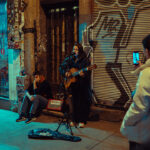
Fifty Songs Featuring Cities and Urban Life
For almost every metropolis—and even a few towns—with streets, neighborhoods, and businesses there is a song with melody, harmony, and a beat.

For almost every metropolis—and even a few towns—with streets, neighborhoods, and businesses there is a song with melody, harmony, and a beat.

The famous American playwright left St. Louis, but St. Louis never left him.
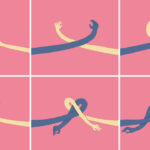
What keeps us together, and what tears us apart.
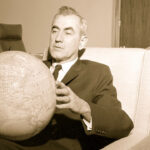
The story of Delyte Morris and the Southern Illinois University he created is what Robert A. Harper calls “a story of unlikely success and a tragic end.” It does read like an American tragedy, somehow, based in a rustic start, ambition, ingenuity, and the fallibility of good intentions.
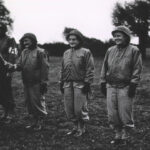
WWII’s most famous correspondent, a combat nurse, and the need to remember our sacrifice.
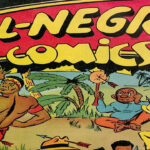
Comic Art and African Americans

In Louisiana’s future, the EPA says, there will be “retreating shores,” stronger and more frequent hurricanes, more flooding, more heat than ever, and reduced crop and fishery yields. And as disasters linked to climate change increase in scale and number, we can all expect to pay for them, with interrupted commerce and supply lines, higher insurance rates, and more federal aid for recoveries like this one.
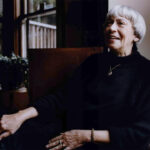
Ursula K. Le Guin storms the Library of America.
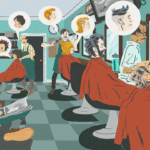
Unlocking Our Locks: The Glory and Despair of Human Hair